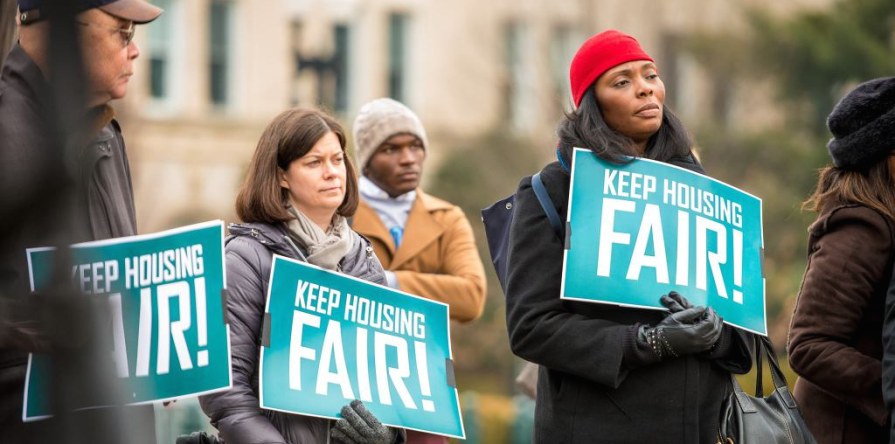The definition of justice, as it relates to the criminal legal system, fair housing, and the social safety, has been a consistent topic of national debate especially within the last year as the converging crises of discriminatory policing and COVID-19 expose new levels of nationwide inequity.
The Oakland-based design firm Designing Justice + Designing Spaces (DJDS) works to end mass incarceration by building infrastructure that addresses its root causes: poverty, racism, unequal access to resources, and the criminal justice system. In conjunction with Mayor Keisha Lance Bottoms’ Task Force to reimagine the use of the Atlanta City Detention Center, Atlanta design firms, and community organizers and members, DJDS has proposed four plans to reimagine the Atlanta City Detention Center as a community space with supportive transitional housing for formerly incarcerated individuals. Traditionally, negative physical structures of prisons contribute to the negative psychological, developmental, educational, social, and economic effects of incarceration. The question of redevelopment is not only what will be housed in the new space, but also how will the space be transformed?
As conversations around the impacts of mass incarceration and the closure of carceral facilities continue, it is imperative that government officials and community members seize the opportunity to move away from incarceration and punishment and reimagine fair housing through a holistic community justice lens. Though Mayor Bottoms has not announced which of the four proposed designs will move forward, each design presents opportunities for fair housing and community determined services. Along with the right to fair housing, community support and accountability is another crucial element of an empowering and liberatory neighborhood.
The plan to reimagine the Atlanta City Detention Center aims to center those most impacted by incarceration – those who have been incarcerated, their families, and communities with high rates of incarceration. Formerly incarcerated people face both legal and illegal forms of housing discrimination. Including fair, accessible housing is crucial in redevelopment efforts because it asserts housing as a right for all.
Most important in the redesign process is that it was also participatory, involving the whole community and including those most affected by incarceration. As more cities and states across the nation consider closing and repurposing their carceral facilities, the most important aspect we must remember is that communities, especially those most negatively affected by the justice system, must be centered in the dream for justice and equality for all.
###
About the Lawyers’ Committee for Civil Rights Under Law – The Lawyers’ Committee for Civil Rights Under Law (Lawyers’ Committee), a nonpartisan, nonprofit organization, was formed in 1963 at the request of President John F. Kennedy to involve the private bar in providing legal services to address racial discrimination. The principal mission of the Lawyers’ Committee for Civil Rights Under Law is to secure, through the rule of law, equal justice for all, particularly in the areas of voting rights, criminal justice, fair housing and community development, economic justice, educational opportunities, and hate crimes. For more information, please visit https://lawyerscommittee.org.
Contact: Natasha Mundkur, nmundkur@lawyerscommittee.org, (202) 780-4506
Violet Sulka-Hewes, vshewes@lawyerscommittee.org, press@lawyerscommittee.org


